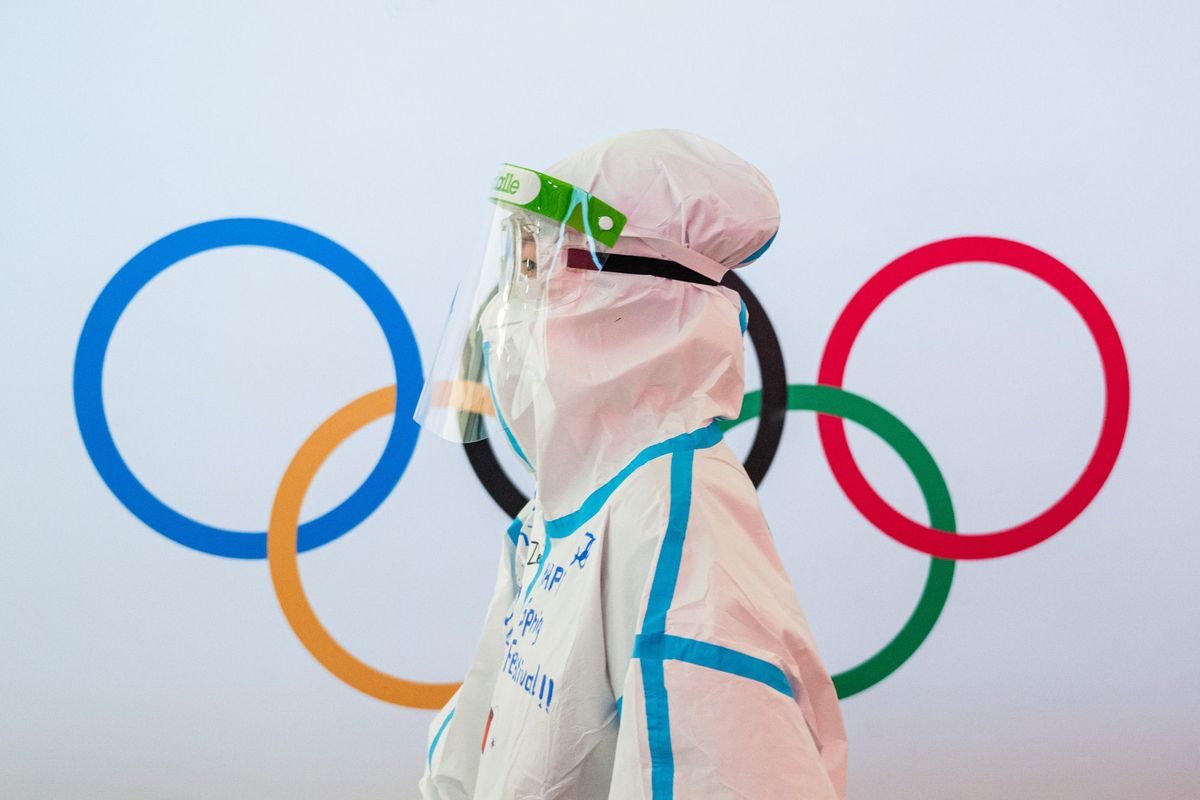The Beijing Winter Olympics kick off this week against the backdrop of an ongoing pandemic, volatile geopolitics, and diplomatic boycotts over China’s human rights record. But Beijing is still going for gold.
Some anticipate that these dynamics will render the Games — a platform for flexing global soft power — a failure. But there are compelling reasons to believe China’s President Xi Jinping could pull off the massive sporting event successfully, thereby boosting Beijing’s diplomatic bonafides and proving naysayers wrong.
Boycotts aren’t working. Half a dozen countries recently joined the Biden administration in a diplomatic boycott of the Games over China’s abuses against Uyghurs in Xinjiang.
Washington was probably hoping for a more robust domino effect. But the combined commitments from multinational corporations to sponsor the Games — the top 13 multinationals have contracts with the International Olympic Committee (IOC) worth more than $1 billion – have undermined Biden’s attempt to alienate Beijing. What’s more, the Washington-led boycott may be backfiring. It’s giving China a means for stoking nationalist sentiment and reinforcing the ruling Communist Party’s narrative that the US is trying to steal China’s thunder.
Is there a silver lining to zero-COVID policy? China’s zero-COVID policy puts it and the world at risk of economic and political instability. That’s why GZERO’s parent company Eurasia Group deemed it the biggest geopolitical risk for 2022. Meanwhile, some health experts warn that despite very strict quarantine and testing schemes in Beijing, an omicron breakout is likely given that teams from some 90 countries are flying in for the. (At least 119 athletes and staff have already tested positive.) Undeniably, this would strike a big blow to Xi’s credibility at home after he refused to budge on this contentious containment strategy.
But "zero COVID" might also work in Beijing’s favor by enabling the CCP to better control the flow of information and overall optics. China’s government is already busy censoring the social media accounts of prominent Chinese activists. It’s warned athletes that protests will lead to prosecution, and with strict COVID restrictions in place, Beijing can more easily monitor its foreign guests.
The IOC needs China. IOC President Thomas Bach recently said that the Swiss-based sports organization should not be expected to solve complex geopolitical issues for which “not a UN Security Council, no G7, no G20, has a solution.” Also, maintaining warm ties with Beijing may be crucial to the longevity of the games, particularly now when many countries are struggling to convince citizens that hosting the Olympics is worthwhile, despite the cost. China’s authoritarian government, on the other hand, doesn’t need to hold referendums to gauge popular support.
And it’s not just the Olympics. The power of China's chokehold over sporting revenues has played out in other contexts, too. In 2019, Beijing took NBA games off the air for an entire year after the general manager of one team tweeted support for pro-democracy activists in Hong Kong. When all was done and dusted, one tweet cost the NBA $200 million in lost revenue.
Team China to place well at the podium. Faced with a diplomatic boycott over its human rights record and omicron, China has nonetheless scored huge sponsorships. Just days out from the inauguration ceremony, Beijing is likely very happy with how things are panning out.






